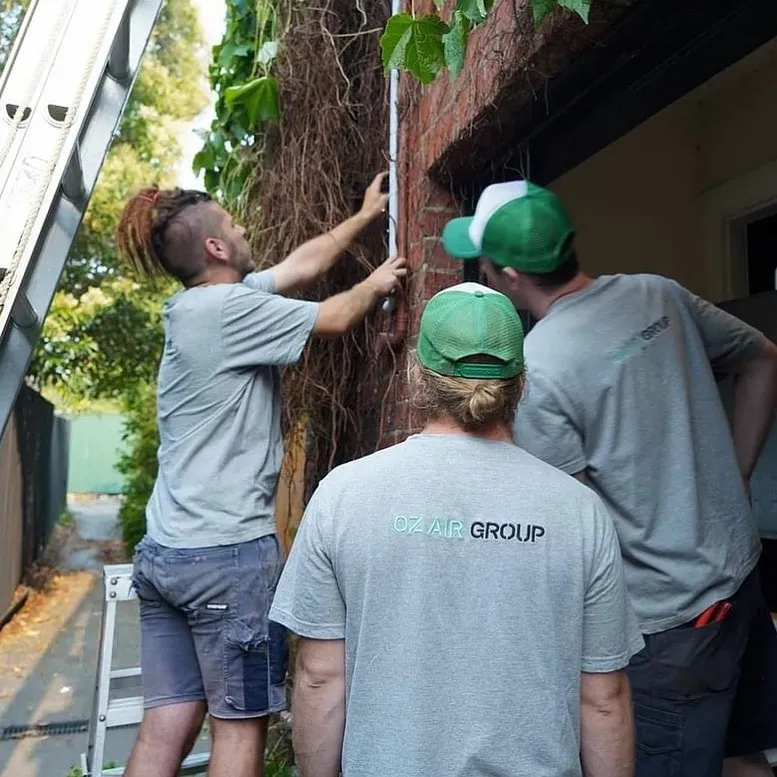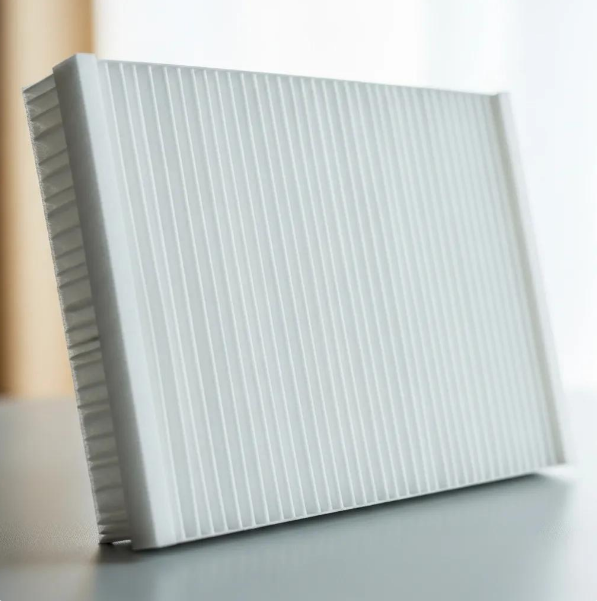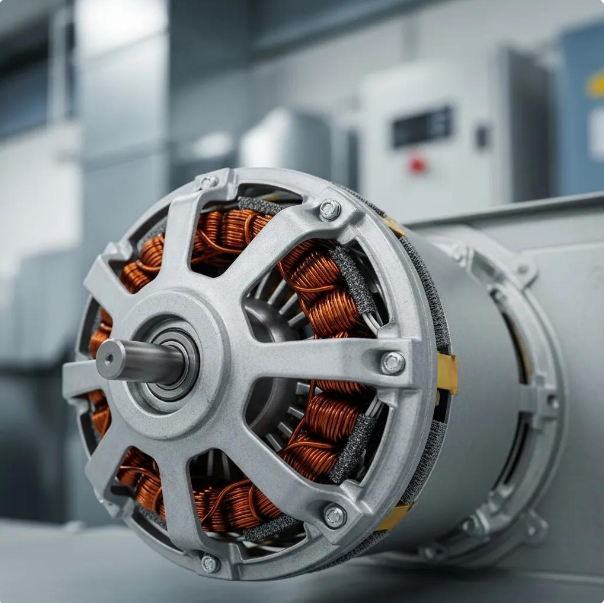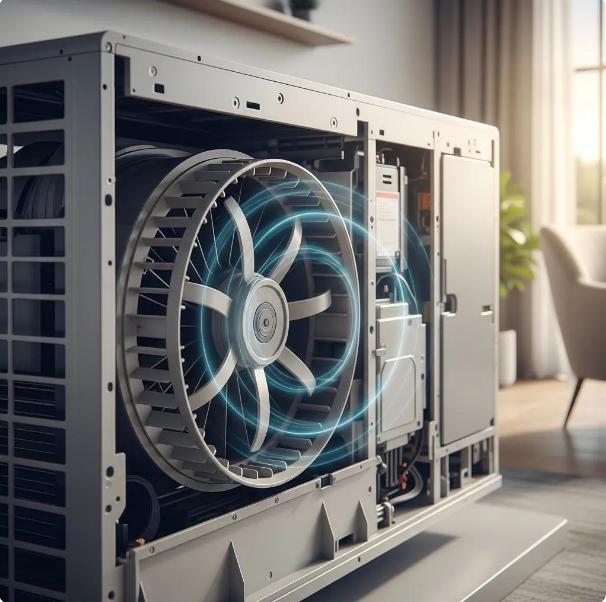How much does Air conditioner installation Cost?


Government Rebates Now Available on Energy-Efficient Air Conditioners when Replacing your Gas Heater.
The cost of air conditioner installation in Australia varies widely, with average prices ranging from $600 to $5,500. This significant range is due to several factors, including the type and brand of air conditioner, the size of the space, and regional differences across Australia.
Split system air conditioners typically cost between $600 and $2,500 to install, while ducted systems can range from $5,000 to $15,000 or more. In Melbourne, prices may be slightly higher due to the city's climate and demand for cooling systems.
Several factors influence the cost of installing an air conditioner:
1. Type of system (split, ducted, window)
2. Brand and model
3. Size of the space
4. Complexity of installation
5. Existing infrastructure
It's important to note that some air conditioning systems are cheaper to install than others. For example, window units are generally less expensive to install compared to ducted systems. However, the initial cost savings may be offset by reduced efficiency and higher running costs over time.
The cost to install an AC system differs from replacing an existing one. Replacement often involves additional work, such as removing the old unit and potentially upgrading electrical systems, which can increase the overall cost.
Contacting an experienced and licensed company for air conditioner installation is crucial. Professional installers like Oz Air Group in Melbourne ensure proper sizing, efficient installation, and compliance with local regulations, along with answering how much to install an aircon. This expertise can help avoid potential issues and additional costs during the installation process.
Knowing the right air conditioner to install is essential to avoid unexpected price increases during installation. Factors such as room size, insulation, and local climate conditions all play a role in determining the most suitable system for your needs.
What factors affect air conditioning installation costs?
The cost of air conditioning installation is influenced by several key factors:
1. Air conditioner type (split system, ducted, window unit)
2. Brand and model of the air conditioner
3. Size of the rooms or building
4. Building type (residential or commercial)
5. Complexity of the installation
6. Accessibility of the installation site
7. Additional materials required (e.g., extra ductwork, electrical upgrades)
How does air conditioning type affect the installation costs?
Different types of air conditioners vary in installation costs due to their complexity, required labour, and additional materials needed:
1. Split systems: Generally less expensive to install due to minimal structural changes required.
2. Ducted systems: More costly due to extensive ductwork and potential ceiling modifications.
3. Window units: Often the cheapest to install but may have limitations in terms of efficiency and aesthetics.
4. Multi-split systems: More expensive than single split systems due to multiple indoor units and complex installation.
How much does split system air conditioner installation cost?
The average cost to install a split system air conditioner in Australia ranges from $600 to $2,500. This cost can vary based on factors such as the unit's capacity, brand, and installation complexity. In Melbourne, the average cost of split system installation is slightly higher, typically ranging from $700 to $2,800 due to the city's specific climate requirements and labour costs.
How much does reverse cycle air conditioner installation cost?
Reverse cycle air conditioner installation costs in Australia generally range from $1,500 to $3,500. The price varies depending on the unit's size, brand, and energy efficiency rating. In Melbourne, where reverse cycle systems are popular due to the city's variable climate, installation costs typically fall between $1,700 and $3,800.
How much does Ducted Air conditioners installation cost?
Ducted air conditioner installation is more expensive, with costs ranging from $5,000 to $15,000 or more in Australia. The price varies significantly based on the size of the home, the number of zones, and the complexity of the ductwork required. In Melbourne, ducted system installation costs are often on the higher end, ranging from $6,000 to $16,000 due to the city's housing stock and climate considerations.
How much does a Window air conditioners installation cost?
Window air conditioner installation is generally the least expensive option, with costs ranging from $400 to $1,000 in Australia. The price varies based on the unit's capacity and any necessary window modifications. In Melbourne, window air conditioner installation typically costs between $450 and $1,100, accounting for local labour rates and potential additional weatherproofing requirements.
How does air conditioning brands affect the installation costs?
Air conditioning brands can significantly impact installation costs due to:
1. Unit price: Premium brands often cost more upfront.
2. Complexity: Some brands may require specialised installation procedures.
3. Availability of parts: Less common brands might incur additional costs for sourcing components.
4. Warranty and support: Higher-end brands may offer better warranties, potentially reducing long-term costs.
How does the size of the building affect the air conditioners installation cost?
The size of the building directly impacts air conditioner installation costs because:
1. Larger spaces require more powerful units, which are more expensive.
2. Extensive ductwork or multiple units may be necessary for larger buildings.
3. Installation in larger buildings often takes more time and labour.
4. Larger spaces may require zoning systems, adding to the overall cost.
How much does residential air conditioners installation cost?
Residential air conditioner installation costs in Australia typically range from $600 to $8,000. Influencing factors include:
1. Home size and layout
2. Type of system chosen (split, multi-split, or ducted)
3. Energy efficiency rating of the unit
4. Complexity of installation (e.g., multi-storey homes may require additional work)
How much does commercial Air conditioners installation cost?
Commercial air conditioner installation costs in Australia can range from $5,000 to $100,000 or more. Influencing factors include:
1. Size of the commercial space
2. Type of system required (e.g., VRF/VRV systems for larger buildings)
3. Cooling and heating capacity needed
4. Complexity of installation (e.g., high-rise buildings, specialised environments)
5. Energy efficiency requirements and building codes
What are the cheapest air conditioner system to Install?
Window air conditioners are typically the cheapest to install because:
1. They require minimal structural modifications.
2. Installation is relatively simple and quick.
3. They are self-contained units, eliminating the need for separate indoor and outdoor components.
4. They often don't require professional installation, although it's recommended for optimal performance and safety.
What are the most expensive air conditioner system to Install?
Ducted air conditioning systems are generally the most expensive to install because:
1. They require extensive ductwork throughout the building.
2. Installation often involves significant modifications to ceilings or roof spaces.
3. They typically have higher capacity and cover larger areas, increasing unit costs.
4. More complex zoning and control systems are often required.
5. Installation is labour-intensive and requires specialised skills.
Who can install an air conditioner?
Air conditioners should be installed by licensed and certified professionals. Choosing a professional installer offers several benefits:
1. Ensures compliance with local regulations and building codes
2. Guarantees proper sizing and installation for optimal performance
3. Provides warranty protection for both the unit and installation work
4. Ensures safety and prevents potential electrical or structural issues
When choosing a professional installer, consider:
1. Licensing and Certification: Ensure they hold appropriate licences for your state or territory.
2. Experience and References: Look for installers with a proven track record and positive customer reviews.
3. Warranties and Guarantees: Choose companies offering comprehensive warranties on their work.
Oz Air Group in Melbourne (https://ozairgroup.com.au/) meets these criteria, offering licensed, experienced technicians and comprehensive warranties on their installations.
How much does air conditioner installers charge in Melbourne?
Air conditioner installers in Melbourne typically charge between $60 and $110 per hour. However, most installers quote a flat rate based on the type of air conditioner and installation complexity:
1. Split system: $600 - $2,800
2. Ducted system: $6,000 - $16,000
3. Window unit: $450 - $1,100
Prices may vary if replacing an existing unit, as this often involves additional work such as removing the old system and potential electrical upgrades.
Choosing a professional installer in Melbourne, such as Oz Air Group, ensures quality work and compliance with local regulations, potentially saving money on future repairs or replacements.
How much does it cost to Replace an Air conditioner?
Replacing an air conditioner in Australia typically costs between $2,000 and $10,000, depending on the type and size of the system. Factors affecting replacement costs include:
1. Type and capacity of the new unit
2. Labour costs for removal of the old unit and installation of the new one
3. Any necessary upgrades to existing infrastructure (e.g., electrical systems, ductwork)
4. Disposal fees for the old unit (when required)
How does the cost of replacing an air conditioner differ from installation cost?
Replacing an air conditioner often costs 10-20% more than a new installation due to:
1. Removal and disposal of the old unit (approximately $100-$300)
2. Potential modifications to existing infrastructure to accommodate the new unit
3. Possible upgrades to meet current building codes and energy efficiency standards
For example, installing a new split system might cost $2,000, while replacing an existing one could cost $2,200-$2,400.
How much does it cost to Maintain an Air conditioner?
Maintaining an air conditioner involves regular cleaning, inspection, and servicing to ensure optimal performance and longevity. In Australia, annual maintenance costs typically range from $100 to $300.
Influencing factors include:
1. Type of air conditioner (split systems are generally cheaper to maintain than ducted)
2. Age of the system (older units may require more frequent or extensive maintenance)
3. Frequency of use
Regular maintenance offers benefits such as improved energy efficiency, better air quality, and reduced risk of breakdowns. Neglecting maintenance can lead to higher energy costs and premature system failure.
How much does it cost to Repair an Air conditioner?
Air conditioner repair costs in Australia typically range from $100 to $1,500, depending on several factors:
1. Severity of the Issue: Minor problems like filter replacements cost less than major component failures.
2. Parts Required: Specialised or hard-to-find parts can significantly increase repair costs.
3. Labour Costs: These vary by location and the technician's experience.
4. Air Conditioner Age: Older units may require more extensive repairs or hard-to-find parts.
What to Know before Installing an Air conditioner System?
Installing an air conditioning system is a significant investment that requires careful consideration. It's crucial to consult experts in the field, such as Oz Air Group, before proceeding with installation.
Key considerations include:
1. Choosing the right air conditioner type for your space and needs
2. Ensuring the system is correctly sized for optimal efficiency
3. Understanding the installation process and expected timeframe
4. Considering energy efficiency ratings to minimise running costs
What are the different types of Air conditioner systems?
Understanding different air conditioner types is crucial as it affects installation costs and suitability for various spaces:
1. Split Systems: Consist of indoor and outdoor units, suitable for single rooms or open-plan areas.
2. Multi-Split Systems: Similar to split systems but with multiple indoor units connected to one outdoor unit.
3. Ducted Systems: Whole-house cooling via a network of ducts, ideal for larger homes.
4. Window Units: Self-contained units installed in a window or wall opening.
5. Portable Units: Freestanding units that can be moved between rooms.
How to choose the air conditioner type to install?
Choosing the right air conditioner involves considering:
1. Space size and layout
2. Local climate conditions
3. Energy efficiency requirements
4. Budget for installation and running costs
5. Aesthetic preferences
6. Noise considerations
7. Future expansion plans
How long does it take to install Air conditioners?
Air conditioner installation times vary based on the system type:
1. Window units: 1-2 hours
2. Split systems: 4-8 hours
3. Multi-split systems: 1-2 days
4. Ducted systems: 2-5 days
Factors affecting installation time include:
1. Complexity of the installation site
2. Need for additional electrical work
3. Weather conditions (for outdoor unit installation)
4. Number of units being installed
For precise timing and expert installation in Melbourne, consider contacting Oz Air Group for a personalised assessment.
Areas we service
Oz Air covers Melbourne and its northern suburbs.

Get in touch






.png)









.png)